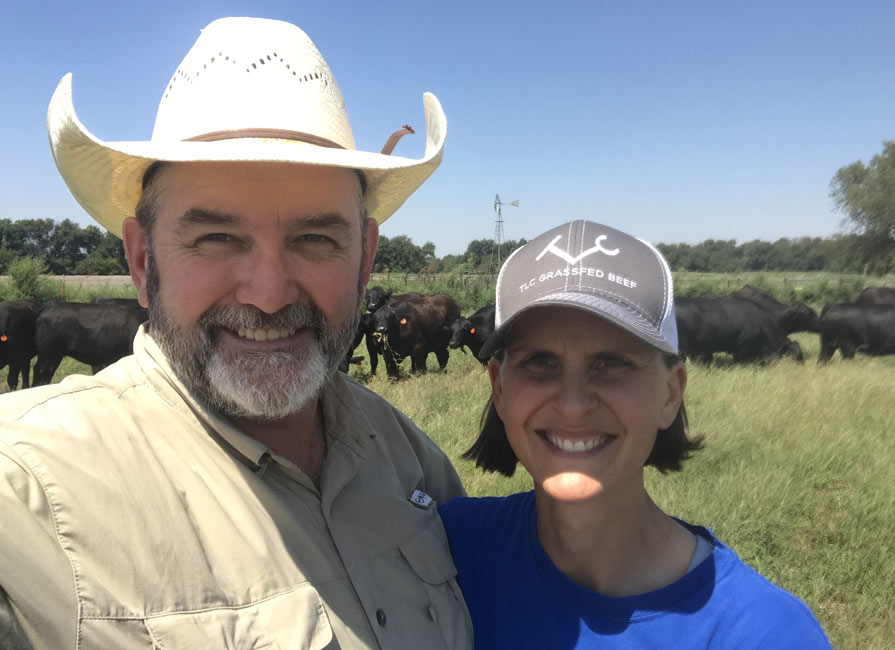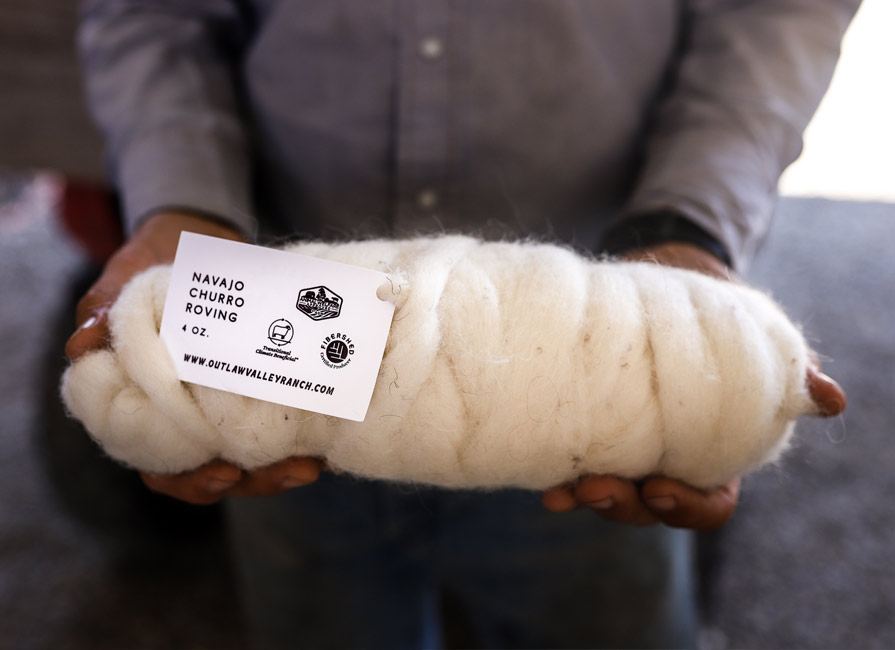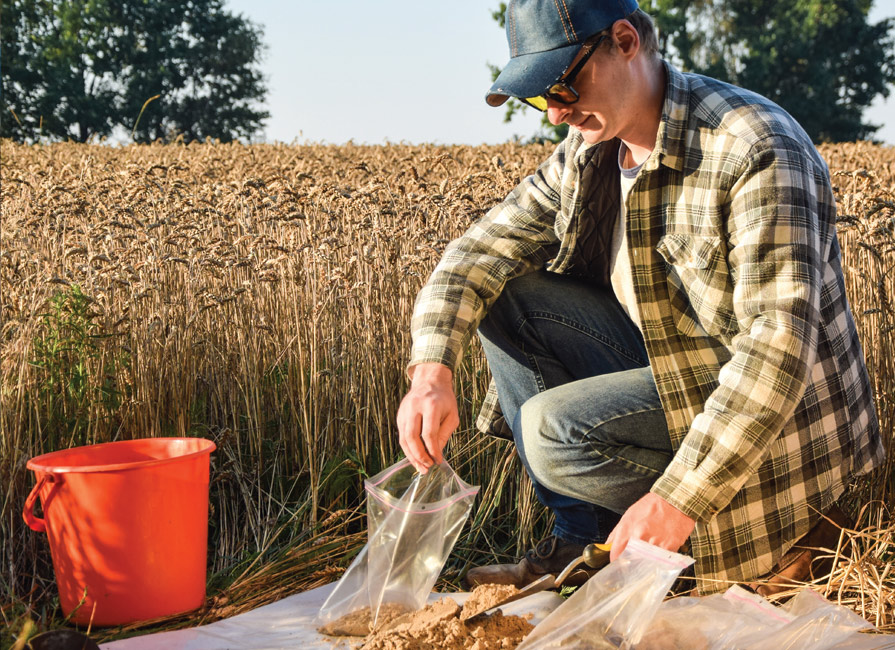Market research shows that today’s consumers are increasingly interested in knowing where their food comes…

Meet the Farmer: Farming With TLC
Annette and Mark Thomas raise Certified Animal Welfare Approved and Certified Grassfed by AGW beef cattle in northern Oklahoma. They market their beef as TLC Grassfed Beef, selling direct to consumers and local stores who are looking for local, certified grassfed beef.
How did you get into farming?
Mark and I grew up working on our families’ farms in west Oregon and east Texas, respectively. After both earning college degrees in agriculture, Mark worked in the grass seed business and I worked in animal health and nutrition. We now farm in Oklahoma and Mark continues to work for an Oregon farmer-owned cooperative, marketing grass seed and cover crops. We farm 480 acres, with 160 acres of permanent pasture, 80 acres of woodland and 240 acres of no-till annual crop rotations for grazing, hay or seed. In late 2016, we had an opportunity to supply AWA-certified beef. We quickly learned the standards were consistent with our core beliefs and how we farm, so we applied. Since then, the AGW team has become a valuable resource for us.
Describe a typical day.
We don’t really have a ‘typical’ day. We have our priorities and work from there. Our first priority is ensuring the health of our cattle and seeing they have forage, shade or shelter, fresh water and are safe in their pastures. Depending on Mark’s off-farm work schedule, we split the cattle checks and chores as needed. I tend to focus on marketing, delivering beef to customers and attending customer events. On the weekends, we set aside time to work on bigger projects.
Who are your customers?
Our customers are those who care about responsible and ethical practices with the land and the animals. They want to get to know their farmer, understand more about the farm and their food, and support local communities.
What’s the benefit of being certified by AGW?
Although AGW certification has taken an investment, it has given us third-party credibility and separates us from other farms or brands making uncertified claims. Customers can be confident about our practices and farm products.
How can the market for sustainable food be improved?
AGW provides valuable services to farmers and consumers. Collectively, the information every AGW farmer and supporter communicates in conversations with consumers, friends or policymakers will improve the marketplace. It is far greater than a single event.
Sustainable farming principles: why do they matter?
We would go a step further and say, as farmers, we need to adopt regenerative agriculture practices. Fewer people farming more acres with larger machinery, tillage and more inputs in the name of efficiency and commodities has created an unsustainable system—economically and environmentally. By applying regenerative practices, farmers can restore soil health, raise nutrient-rich foods and improve the environment, sequestering carbon and improving water quality.
What is the biggest threat to the sustainable farming movement?
While I don’t believe ‘bigger’ is the enemy, organizations that push for vertical integration and consolidation of animal agriculture, removing grazing animals from the land and making it more expensive to bring food products from small farms to market, are undoubtedly putting more power and control into fewer hands



